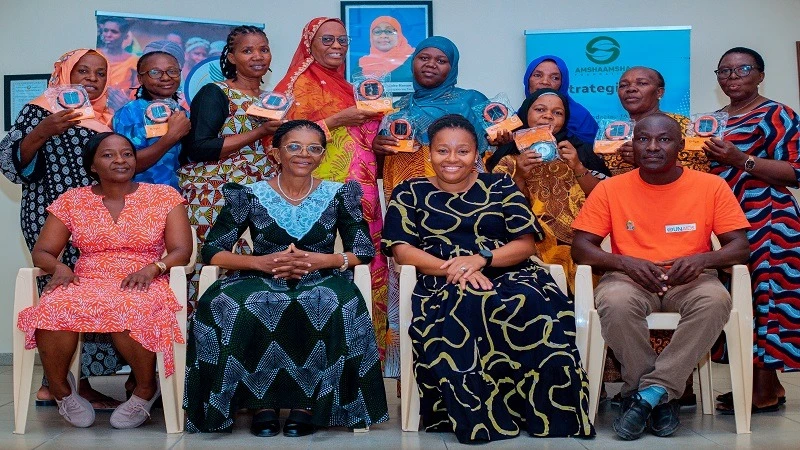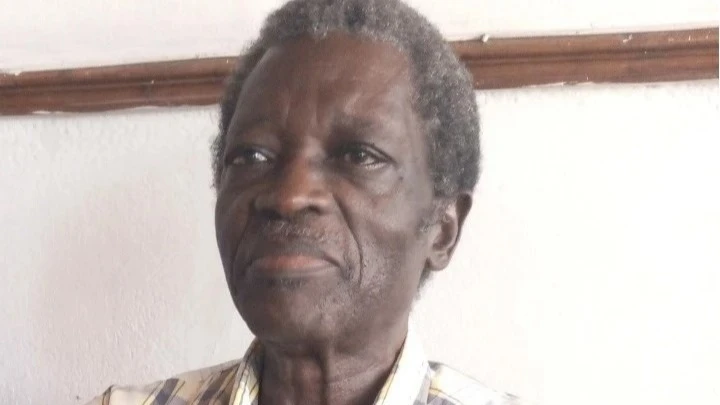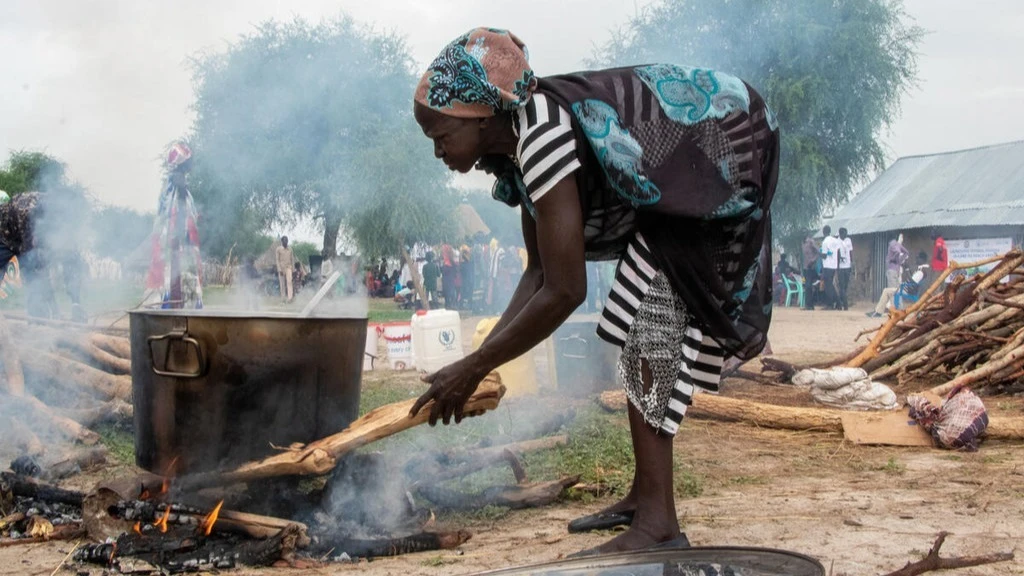Majority of cancer patients at ORCI originate from northern zone, study

THE Ministry of Health has revealed that the majority of cancer patients at the Ocean Road Cancer Institute (ORCI) originate from the northern zone, according to findings from a recent study.
Deputy Minister of Health, Dr Godwin Mollel, shared the information yesterday in Parliament while responding to a supplementary question from Ukerewe MP (CCM), Joseph Mkundi.
The MP had observed that many cancer patients receiving treatment at the institute come from the Lake ZoneHe questioned why the government had not strengthened the cancer unit at Bugando Hospital to ease the financial burden of patients travelling long distances to Dar es Salaam for treatment.
In response, Dr Mollel said that due to the frequent recurrence of this question in Parliament, a study was conducted which established that most patients at Ocean Road Cancer Institute are, in fact, from the northern zone.
Nevertheless, he noted that the government has allocated over 8bn/- to Bugando Hospital to improve cancer care services and accessibility.
Earlier, in a primary question, Special Seats MP (CCM), Kabula Shitobela, asked when the government would release findings from a study conducted in the Lake Zone to determine the causes of the increasing prevalence of cancer in the region.
Dr Mollel replied that a nationwide study had been conducted to identify the leading types of cancer in the Lake Zone. The research revealed that bladder, cervical, blood-related, eye, and kidney cancers are the most common in the area.
He added that researchers had collected 9,600 blood samples from individuals without cancer to compare with those from cancer patients, with the aim of identifying potential causes.
“This research will help pinpoint the root causes of these cancers. As of now, the study is still ongoing, and any suspected causes remain theoretical, based on observed social activities in specific regions,” he explained.
Dr Mollel added that the government's current cancer control efforts focus on public health education around known risk factors, supported by a national strategy targeting seven priority areas for cancer prevention and control.
In a separate supplementary question, Special Seats MP (CCM), Neema Lugangira, raised concerns about mining operations and chemical runoff into Lake Victoria, which may be contaminating local fish such as ‘dagaa’, widely consumed by communities around the lake—and potentially contributing to rising cancer cases.
She asked whether the Ministry of Health saw the need for a dedicated body to oversee all matters related to foods and nutrition.
She also questioned why Tanzania had not adopted World Health Organisation (WHO) guidelines recommending that food safety oversight be placed under the Ministry of Health rather than the Tanzania Bureau of Standards (TBS).
In response, Dr Mollel confirmed that food safety matters are currently overseen by TBS, which is conducting comprehensive monitoring.
“The Honourable MP should allow the government more time. Discussions are already underway within the ministry to examine the rationale behind placing food safety under TBS. We will assess whether there's justification to shift the responsibility, as suggested,” he said.
Meanwhile, Special Seats MP (CCM), Ritha Kabati, inquired how the government is supporting cancer patients who cannot afford treatment.
Dr Mollel explained that, over the past two years, the government has spent 667bn/-to fund treatment for citizens unable to pay for care—one of the key drivers behind the introduction of the Universal Health Insurance scheme, designed to support low-income individuals.
Top Headlines
© 2025 IPPMEDIA.COM. ALL RIGHTS RESERVED






















